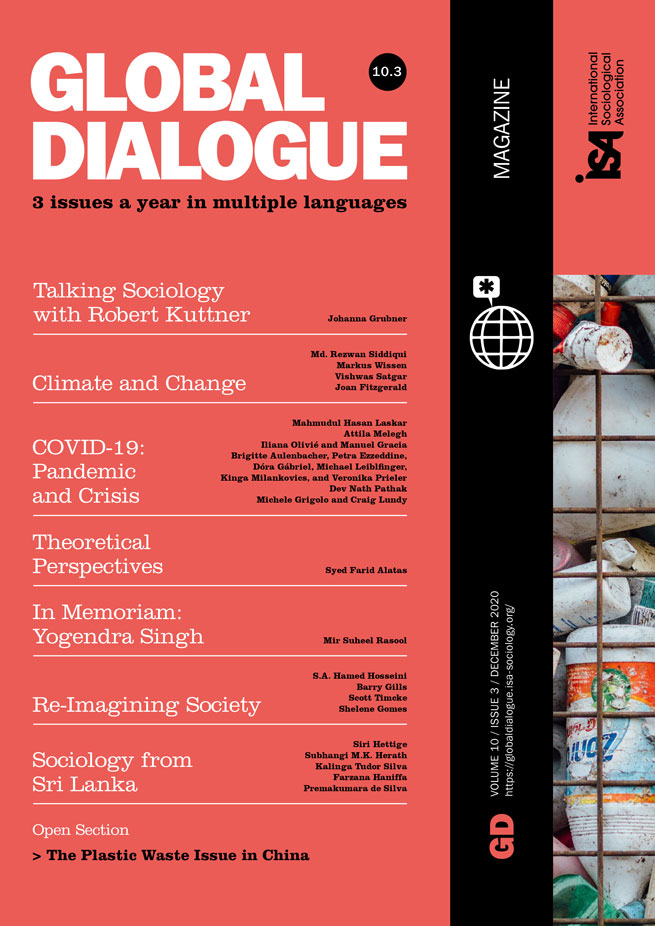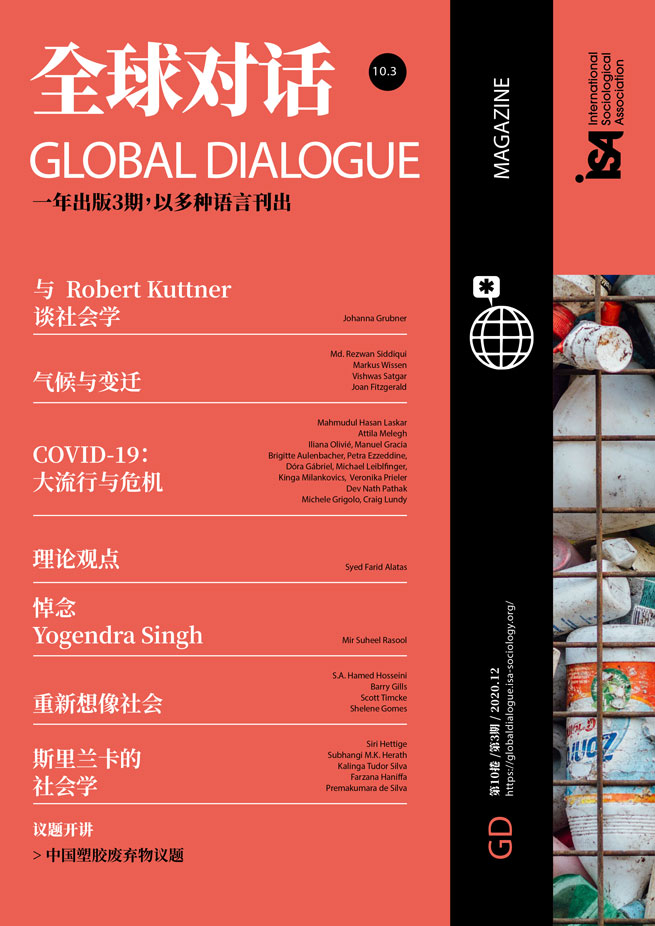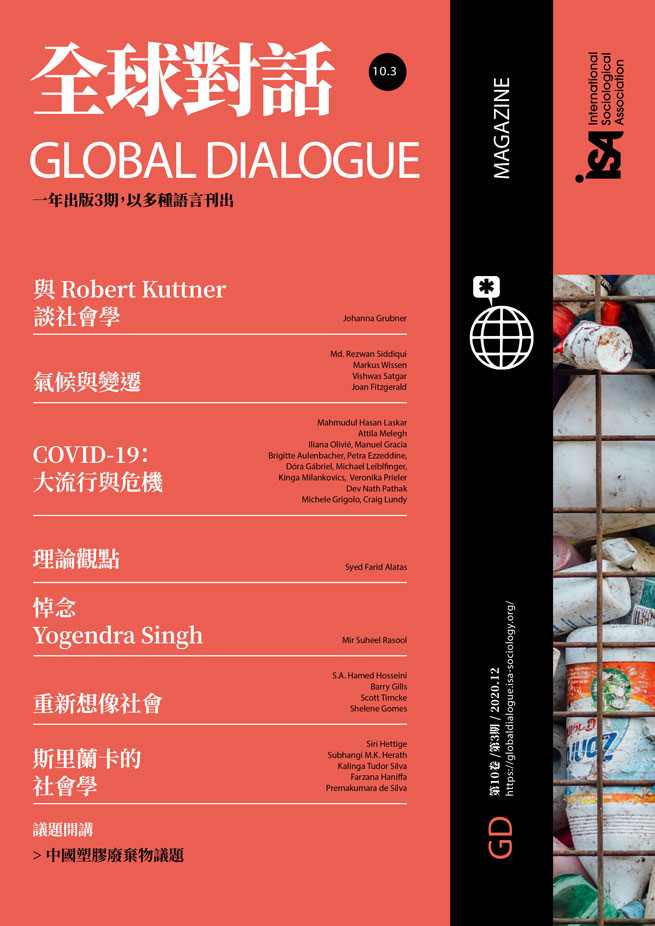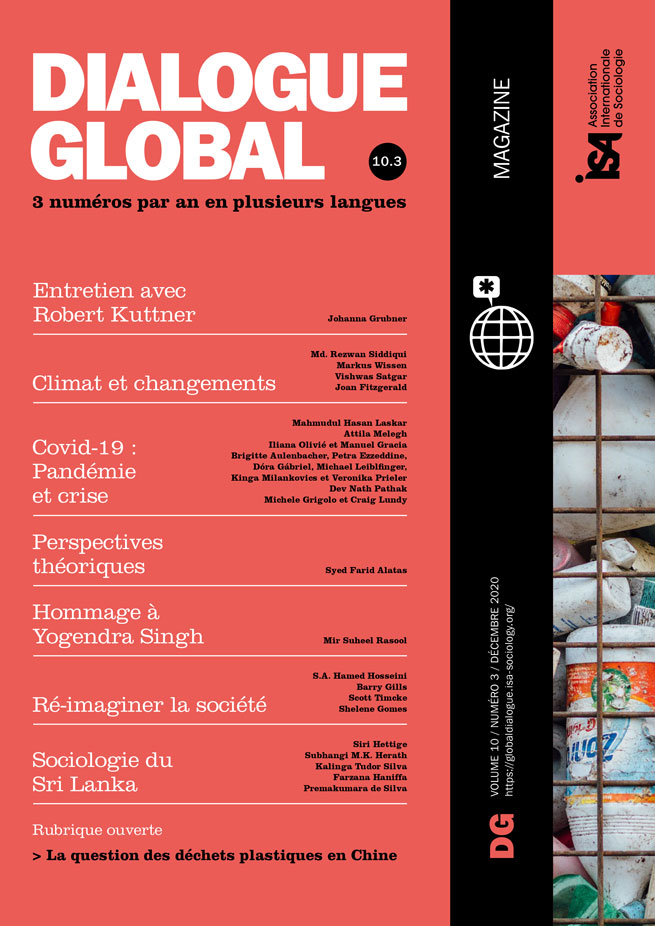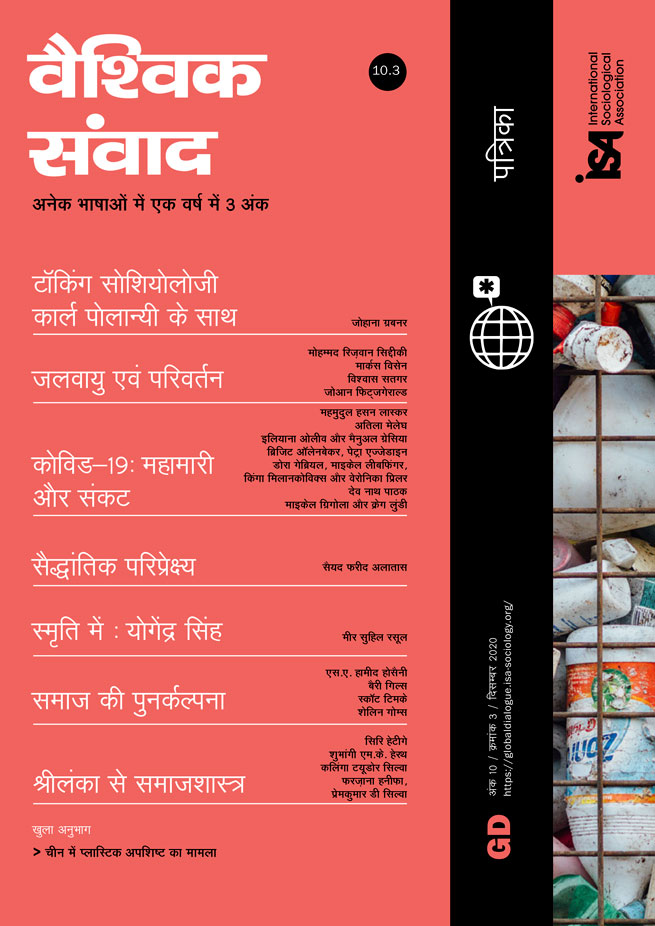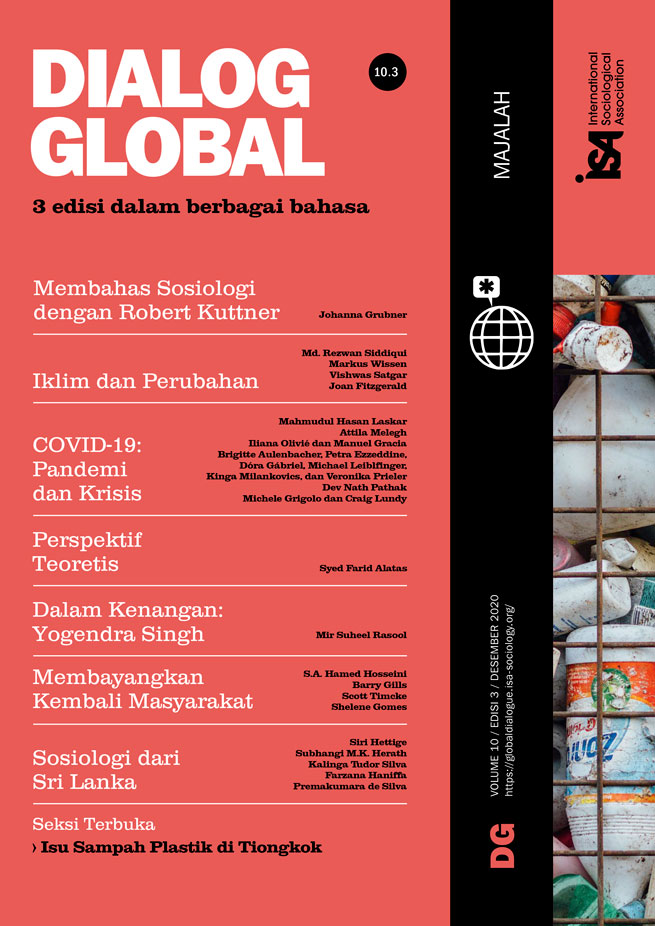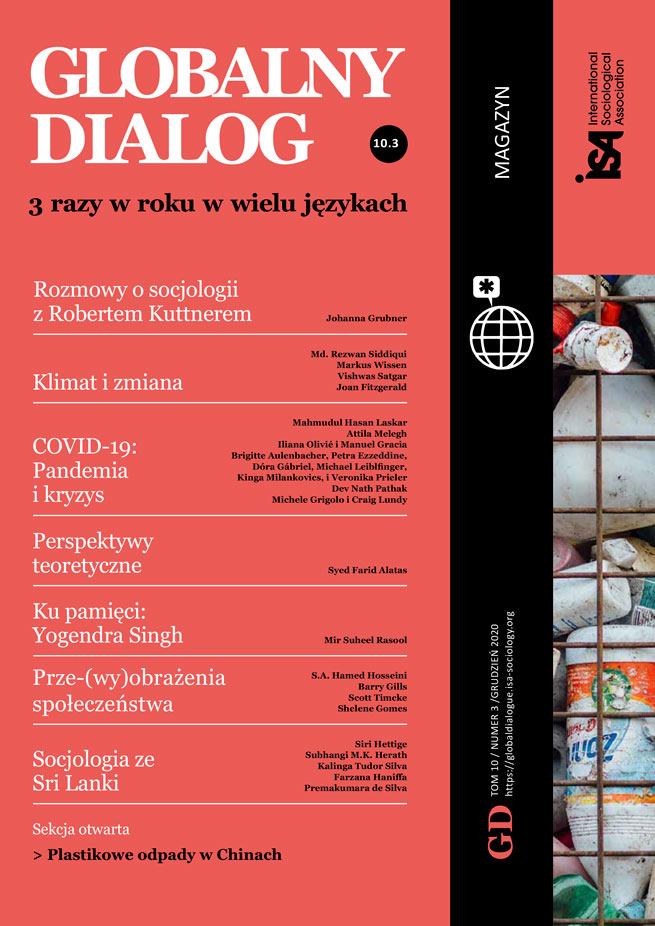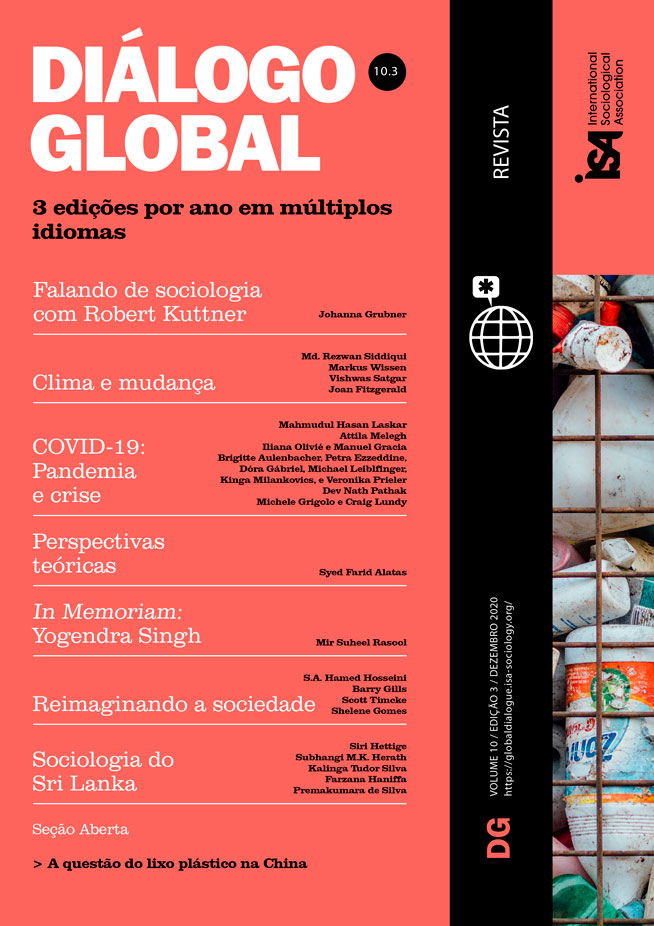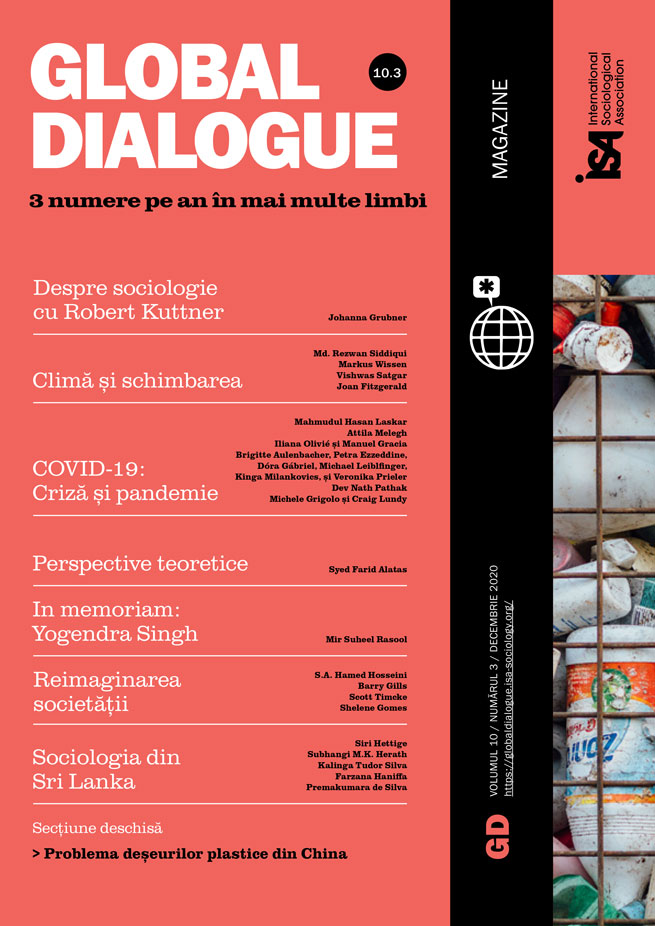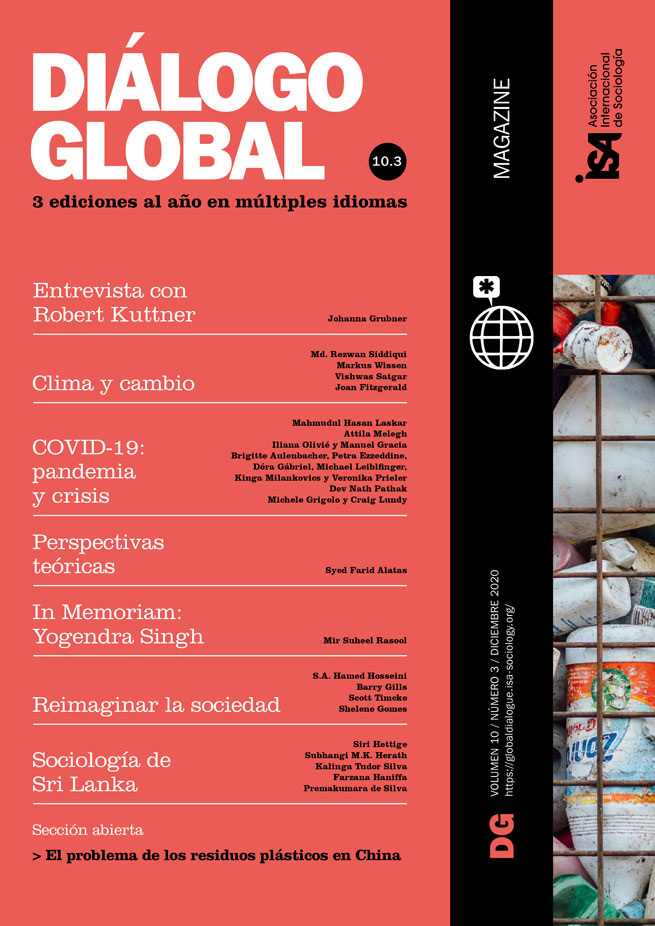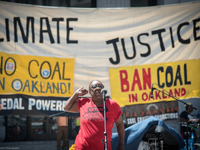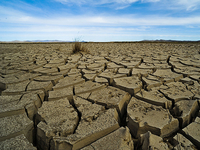The Climate Crisis and the Question of Democracy
October 29, 2020
If we think about climate crisis, climate policy, and liberal democracy, first of all there is an eye-catching tension: fighting the climate crisis through effective climate policies seems to be quite difficult under the conditions of liberal democracy. This is underscored by the poor effects of international treaties, on which (mostly) liberal-democratic states have agreed in recent decades. The 1997 Kyoto Protocol did not help to stop global carbon emissions from rising, and the hesitance of many parties to the Paris Agreement (2015) to commit themselves to more ambitious efforts gives little reason to believe in a more effective future climate policy. Moreover, if we take into account that authoritarian states like China, despite huge persisting environmental problems and a carbon-intensive development model, seem to be able to enforce major environmental and renewable energy programs, then the question arises whether liberal democracy is indeed well-equipped to counter one of the most pressing problems of humankind.
Liberal democracy and capitalism - A structural affinity
At the root of the historical and empirical tensions between climate crisis, climate policy, and liberal democracy is a more systematic problem. The essence of democracy is equality. Liberal democracy provides for equality of all citizens in the political sphere: The vote of a worker in elections counts as much as the vote of a CEO, and the latter as a legal person does not possess any privilege compared to the former. Without doubt, this is a historical achievement.
But it is only one side of the coin. The other side consists of the fact that liberal democracy systematically isolates the societal power centers from equal participation. Entrepreneurial decisions are private, only the framework conditions under which they are taken can be publically influenced. Beyond this, the stakeholders, i.e. all those who are affected by the decisions’ consequences – the workers, the communities in the neighborhood of a factory, the wider public –, have no chance to participate equally in the decision-making process.
It is here where the structural affinity between liberal democracy and capitalism becomes visible. The liberal-democratic capitalist state safeguards civil and political rights as well as private property; it guarantees equality in the political sphere and at the same time is neutral vis-à-vis the fundamental socio-economic inequality that stems from the fact that a few people dispose over the means of production and the majority has nothing more to sell than their labor power.
The contradiction between extra-economic equality and economic inequality is subject to permanent struggles. In the past, these struggles have resulted in several expansions of liberal democracies in the Global North: Women have successfully struggled for suffrage and a stronger role for the state in social reproduction; the environmental movement has achieved restrictions on hazardous products and production processes; migrants have fought for an extension of citizenship; and the struggles of the labor movement have resulted in a class compromise that basically consists of workers’ acceptance of their subaltern role in the capitalist mode of production in exchange for participating in the wealth increases the latter facilitates. This is what social democracy stands for: the expansion of liberal democracy in the direction of welfare states which do not challenge the constitutive inequality of capitalist societies but help to regulate its contradictions.
Carbon democracies
From an environmental perspective, the problem is that the socially enhanced liberal democracy has always been a carbon democracy (Timothy Mitchell), in a double sense: First, the social rights that have been institutionalized in the course of the twentieth century are not least the result of workers’ struggles in coal mining and coal mining-related transport infrastructures, i.e. in environmentally destructive sectors that nevertheless were essential for all kinds of economic and social activities, so that workers disposed over a significant structural power. Second, the redistributive institutions of the welfare state are designed in a way that they depend on a carbon-intensive economic growth.
This is the basic environmental contradiction of liberal democracy as the political form of capitalism: the constraints of maximizing economic profits and regulating basic societal contradictions necessarily produce socio-ecological costs that now are about to result in an existential crisis. Effective climate policies are doomed to failure as long as the systemic limits to coping with the climate crisis under liberal-democratic and capitalist conditions are not acknowledged.
Acknowledging them would not mean to return to authoritarian solutions. Although the latter might imply the enforceability and acceleration of certain environmental measures in the short run, they lack the reflexivity that is necessary for being successful in the long run.
Radical democracy
Reflexivity presupposes deliberation, and deliberation is only possible under democratic conditions. Countering the climate crisis thus does not require less but more democracy. Liberal democracy has to be pushed beyond its inherent limits; its achievements, which are currently under strong attack by the authoritarian right, have to be saved by transforming the liberal into a radical democracy. This implies that all those who are affected by a decision have the right to participate equally in the decision-making process. The probability of environmentally reflexive decisions would thereby rise, since those who decide are also those who bear the consequences of the decision. Furthermore, radical democracy would mean to create institutions and procedures which would positively sanction solidaristic forms of behavior and thus support democratic learning and processes of subjectivation that could help to overcome utility-maximizing capitalist subjectivities.
A concrete entry point for radical democracy could be what has been called the foundational economy or infrastructure socialism. This is about re-thinking and re-directing the economy from the point of view of socially and environmentally useful production and services: the care work on which we all depend and the life-supporting infrastructures in areas like health, food, mobility, culture, communication, water, and electricity. There is a lot of experience in bringing infrastructures under public control – an experience that has suffered under the neoliberal attacks of the recent decades but in many places seems to have undergone a revival in the corona crisis. It would have to go hand-in-hand with overcoming the gendered division of labor. And it could be expanded to further areas that are still run by large corporations, but would have to be put under democratic control to prevent them from further aggravating the climate crisis.
Markus Wissen, Berlin School of Economics and Law, Germany <markus.wissen@hwr-berlin.de>

